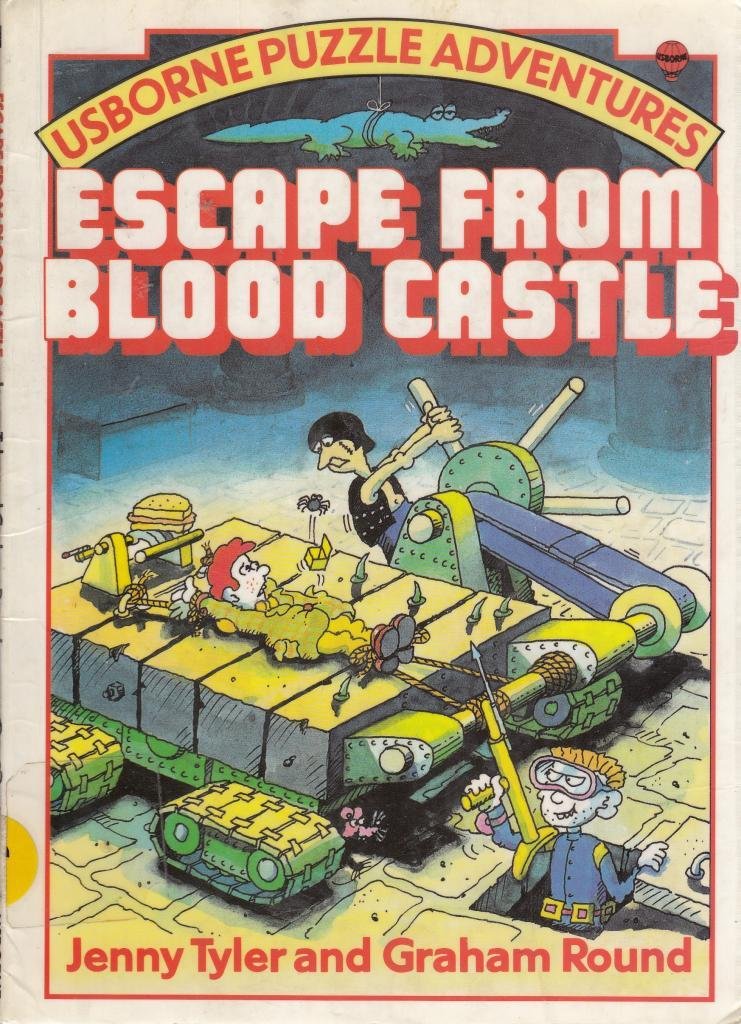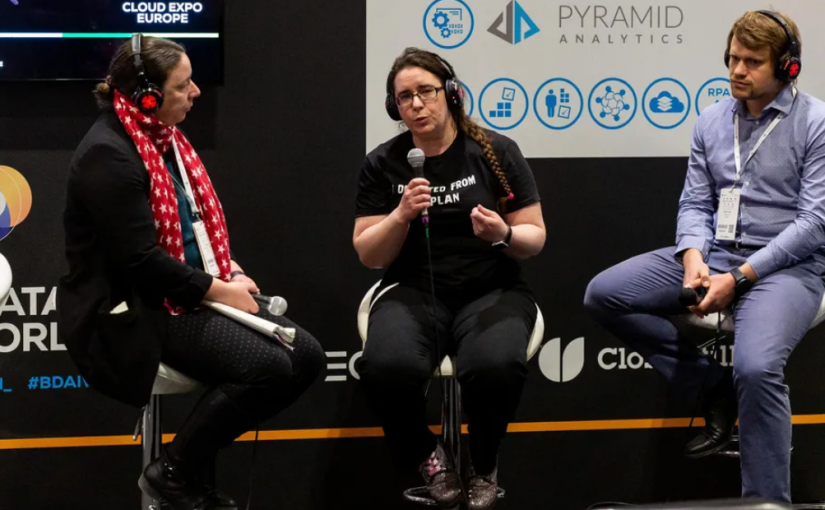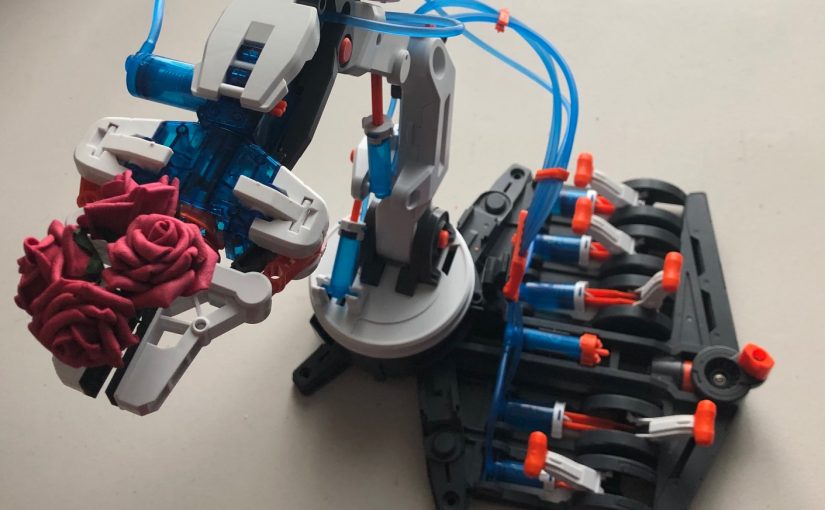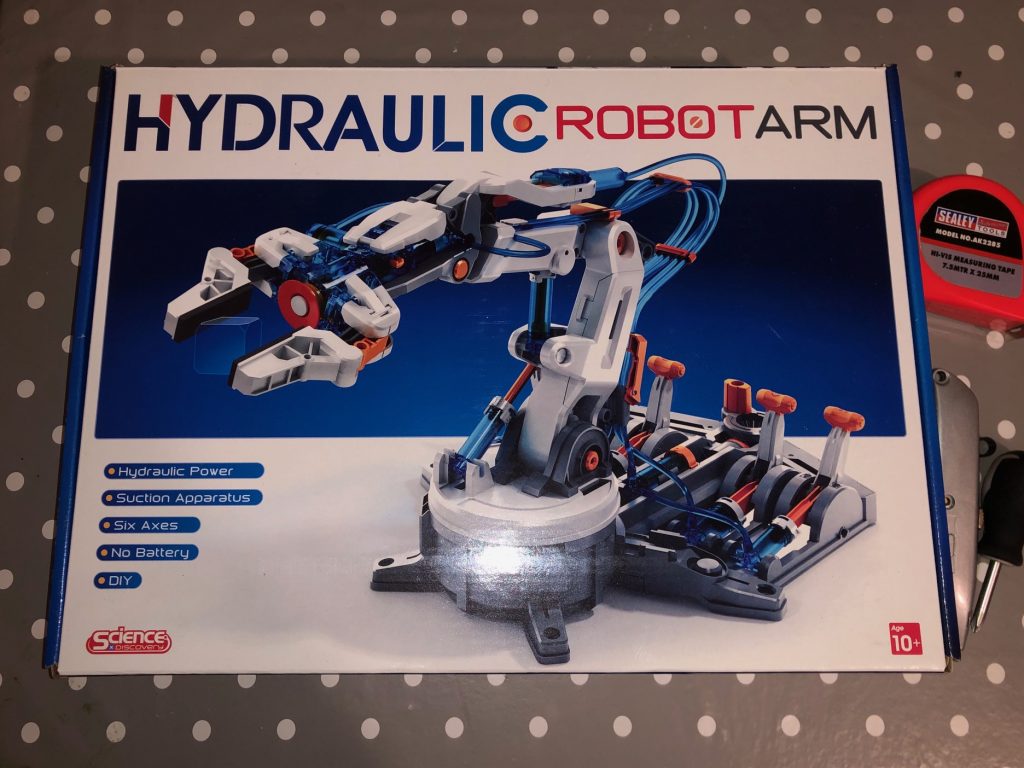
It will come as no surprise to anyone who has read any of my other posts that I loved puzzle books as child. I started with the Usbourne puzzle adventure series – cartoon books with clues on each page either in the pictures or what was said. I think my favourite was “Escape from Blood Castle“, which I got as a Christmas present in 1985. It was a perfect mix of slightly creepy and logical deduction that really appealed to me and I loved having new books from this series as they were published.
I quickly moved on to more text based mysteries – particularly the Hawkeye Collins and Amy Adams sleuth series. These were typical kids solve the mystery books. Unlike the Usbourne puzzle solvers, each mystery was stand alone and the answers were in the back of the book in mirror writing. At that age I didn’t have a small pocket mirror so taught myself how to read backwards to check my answers1. After that, it was whatever puzzles I could get may hands on.
Continue reading Journal29 puzzle book – review



